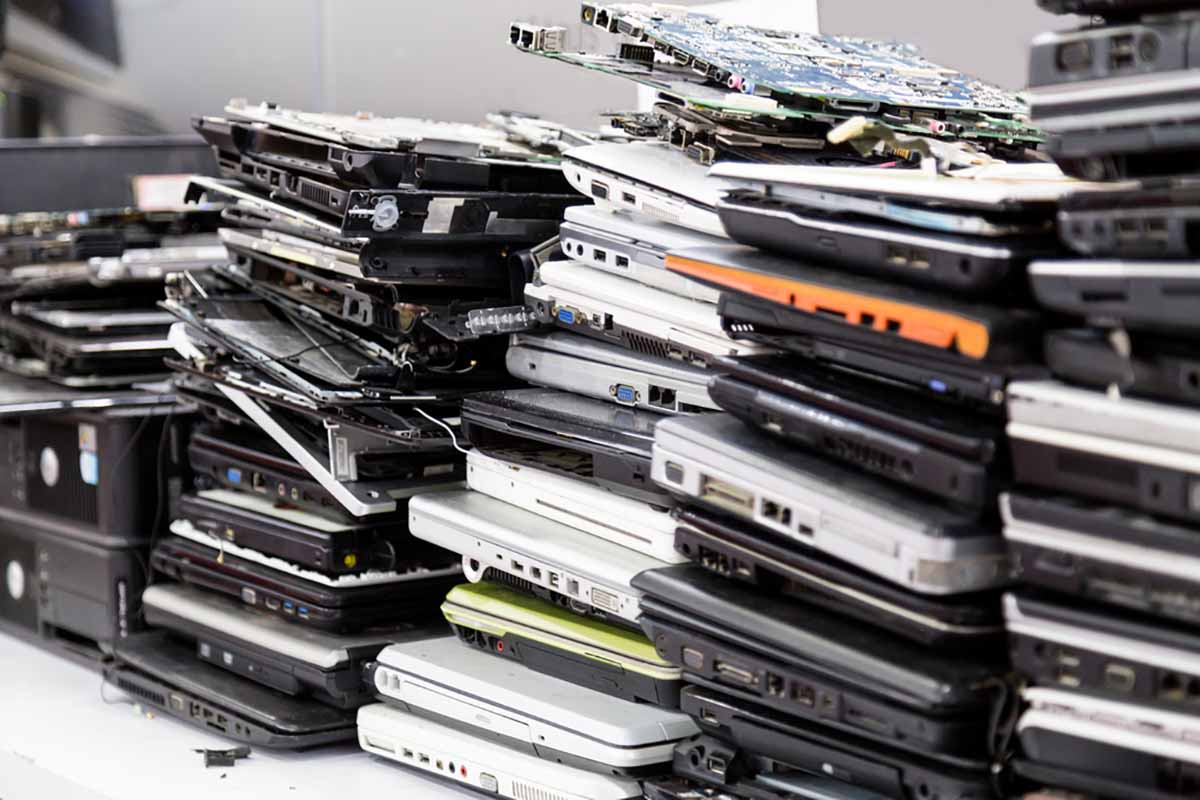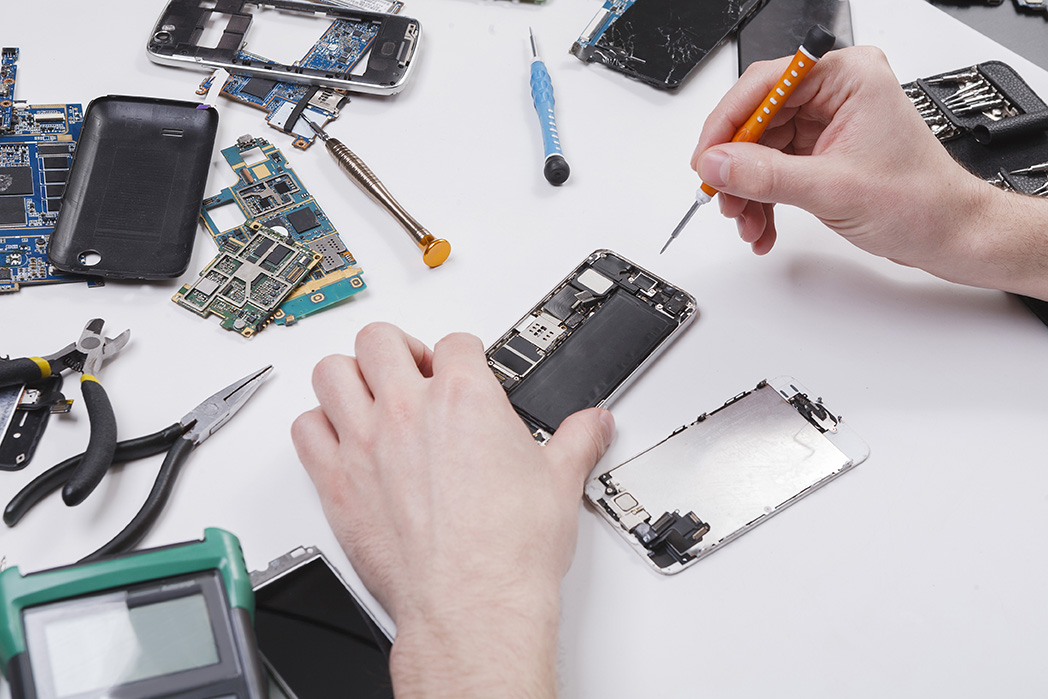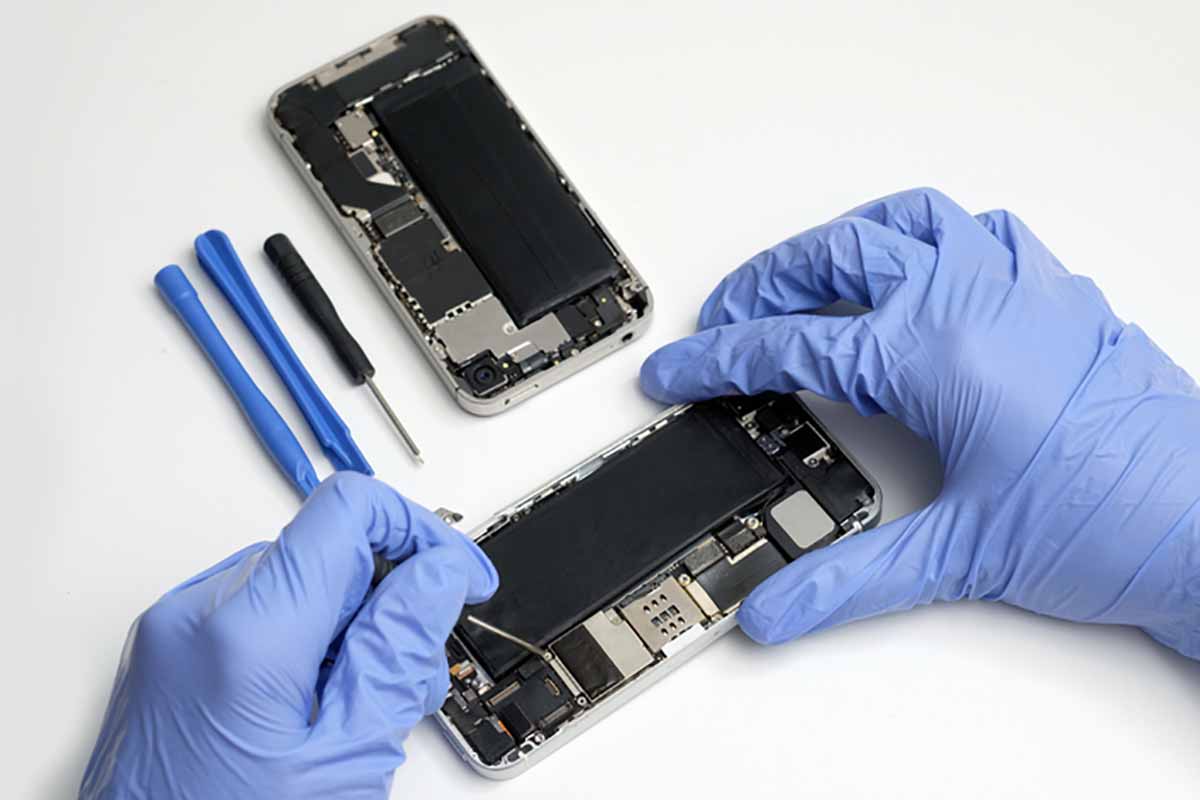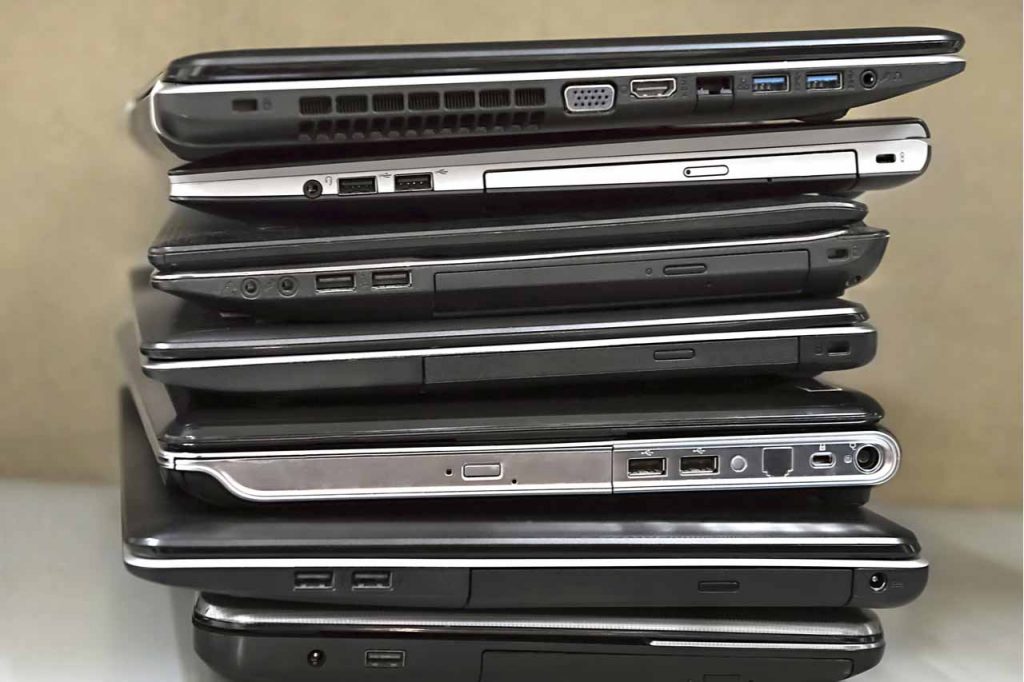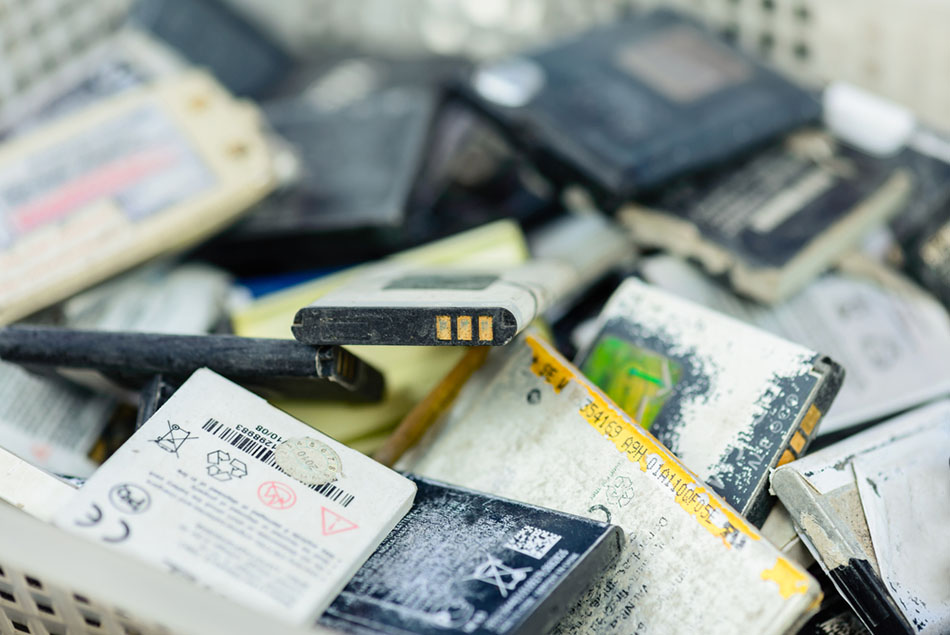
Beginning Jan. 1, 2021 smartphones, TVs, laptops and some appliances sold in France will receive a repairability score in the form of a sticker on the product’s packaging. | Preechar Bowonkitwanchai/Shutterstock
Looking to extend the lifetime of electronics, French officials plan to introduce a rating system that communicates repairability and durability to consumers.


 Colin Staub was a reporter and associate editor at Resource Recycling until August 2025.
Colin Staub was a reporter and associate editor at Resource Recycling until August 2025.